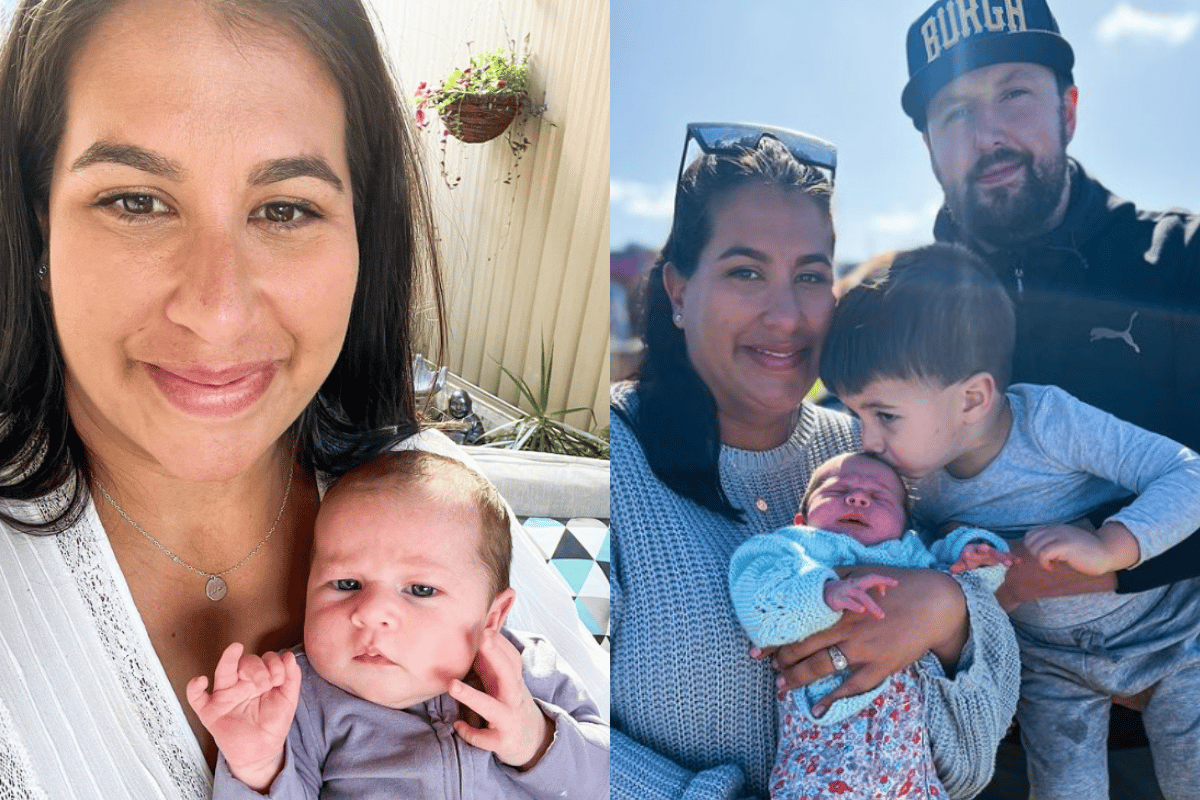
At the start of the month, over 120 countries celebrated World Breastfeeding week. It was also, coincidentally, the week I decided my four-week-old would be moving to formula.
My social feeds were flooded with incredible images of women breastfeeding and sharing stories about their breastfeeding journey. It was inspiring; I am in awe of how women overcome the challenges and go on to successfully breastfeed.
What came as no surprise though was the emotional reaction these posts stirred up. The comments were not for the fainthearted.
Among the positive messages celebrating women who could/who chose to breastfeed, there were comments from disheartened mothers who wanted more than anything to breastfeed and couldn’t.
Watch: The horoscopes as new mums. Story continues below.
The World Health Organisation recommends exclusively breastfeeding babies to six months of age.
In Australia, breastfeeding statistics indicate we are falling short of the above recommendations. Statistics from the 2010 Australian National Infant Feeding Survey indicate that 96 per cent of mothers initiate breastfeeding. Thereafter, exclusive breastfeeding rates drop off. Less than half (39 per cent) of babies are still being exclusively breastfed to three months (less than four months) and less than one quarter (15 per cent) to five months (less than six months).



Top Comments